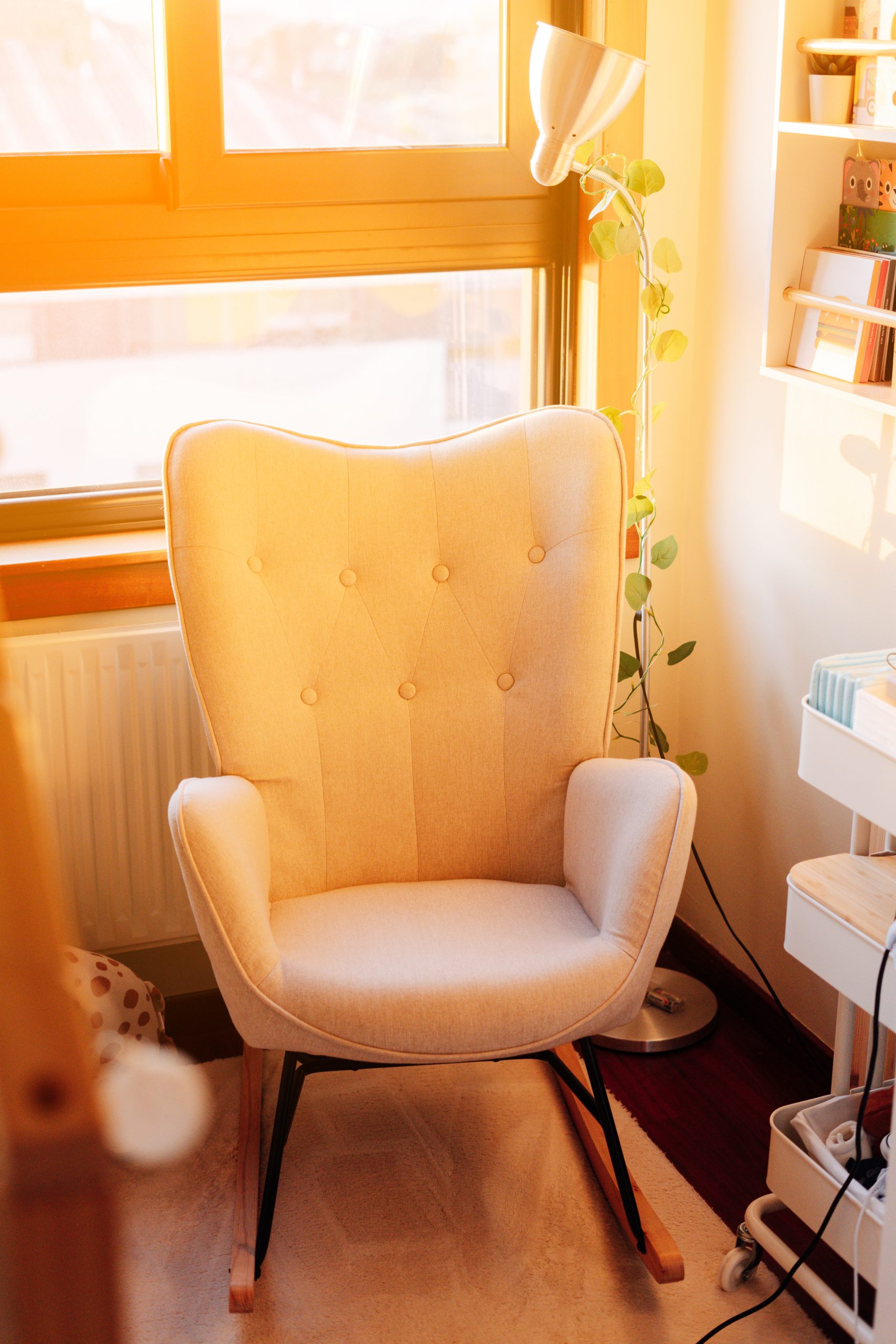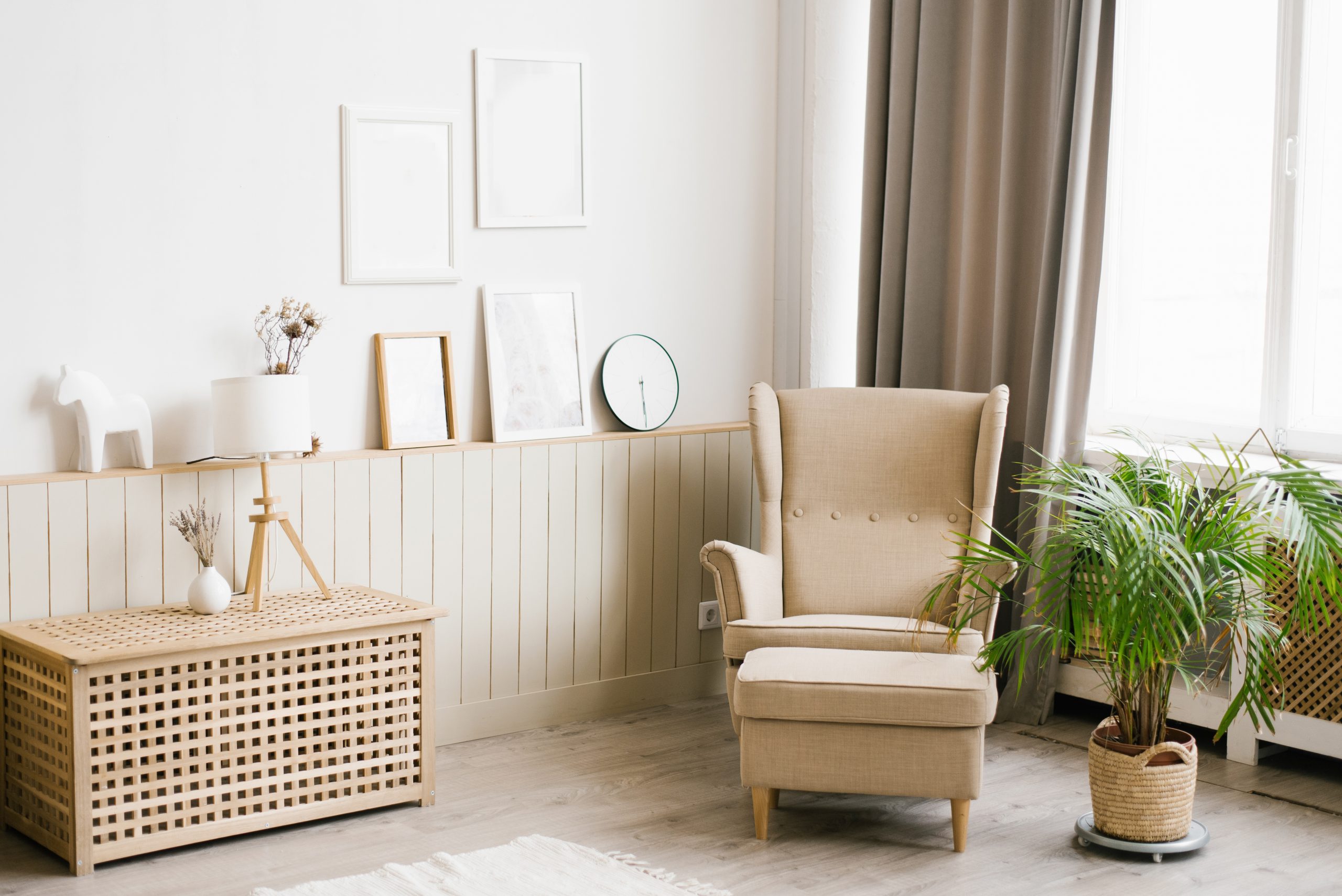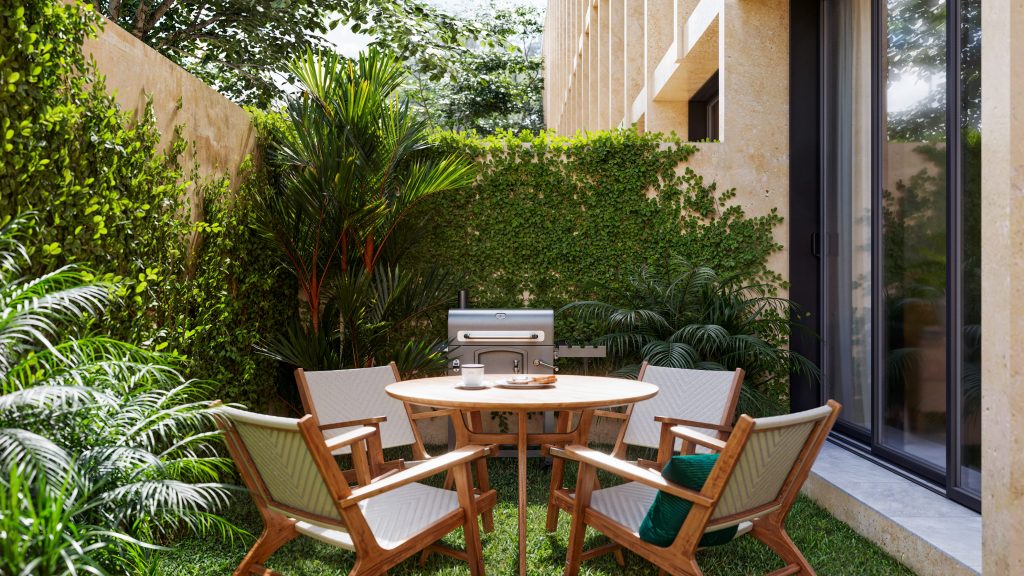
Content
Did you know that the design of your home can help you feel better every day? Interior design is not just about aesthetics, it's also about emotions, functionality, and feeling good.
Here are some ideas to make your spaces work for your well-being:
1. Colors that relax or energize
Color has a direct impact on our mood. Warm tones such as terracotta, coral, or peach create a feeling of warmth and closeness. Cool tones such as blue or green promote calm and help concentration. Use them strategically according to the purpose of the space.
2. Natural lighting as medicine
Sunlight helps regulate our biological clock and improves our mood.
Make the most of natural lighting: swap thick curtains for lighter options, place mirrors to reflect light, and consider opening walls or installing skylights if you are remodeling.
3. Tidy spaces, calm mind
Visual order also influences how we feel. Fewer decorative elements and multifunctional furniture such as benches with storage, open bookcases, or beds with drawers can help you keep your space clean and harmonious.
4. Textures that invite relaxation
What we touch also matters. Add soft blankets, cushions made from natural fibers, jute or linen rugs. These textures invite you to pause and enjoy the sensory experience.
5. Corners for reconnection
Create a small space just for you: a chair next to a plant, a warm lamp, and a book can be the ideal corner to reconnect with yourself. You don't need much, just intention.
Good design means taking better care of yourself.
Your home is an extension of you. Make every corner count, make every space an opportunity to feel better, more at peace, more like yourself.

References
- Rodríguez, V. (2020). The psychology of space: how our surroundings affect our emotionsPaidós Editions.
- Sánchez, A. (2023). Conscious interior design: well-being and design in everyday life. Autonomous University of Guadalajara.




